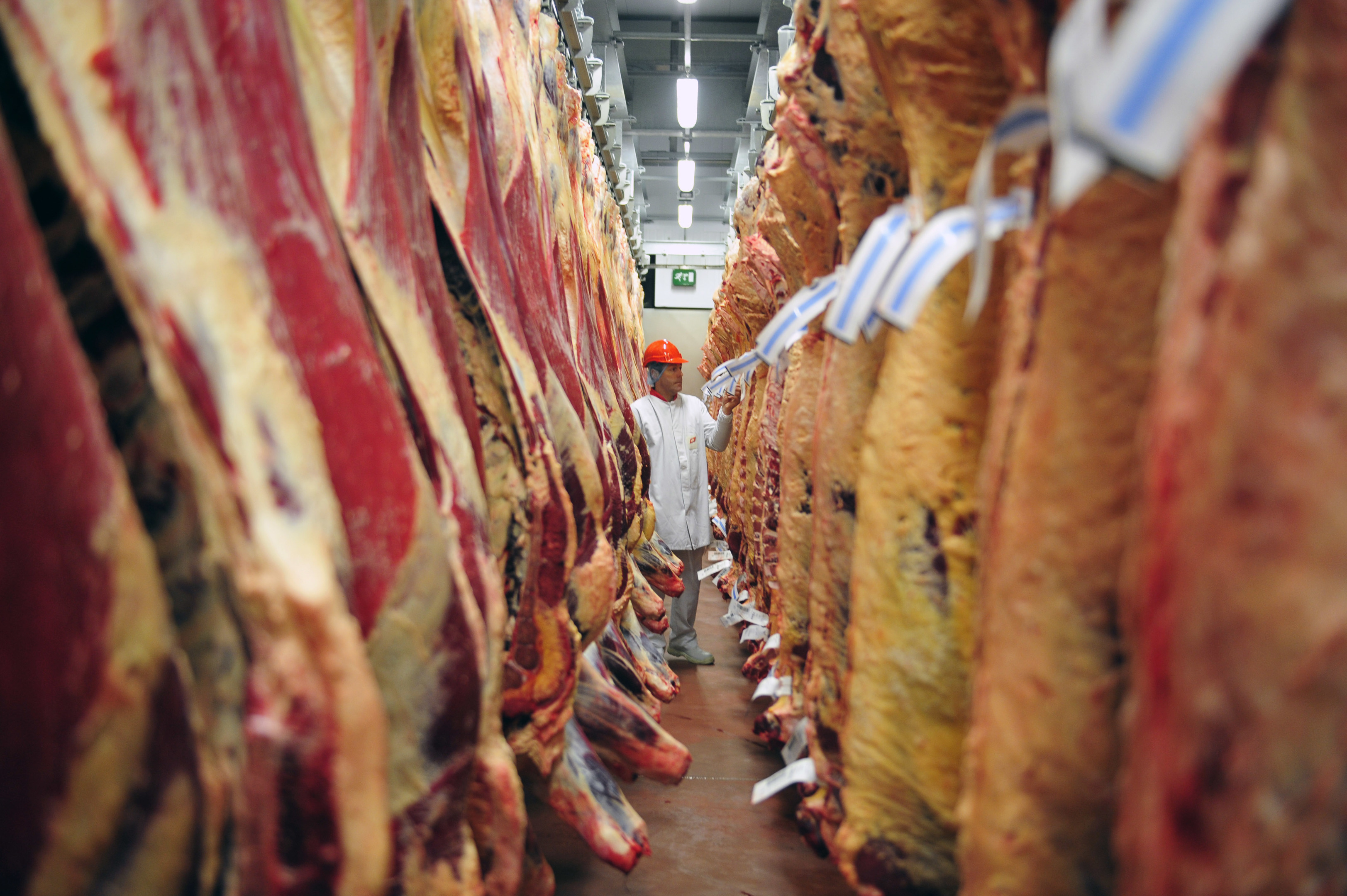Scotland’s food standards chief has admitted he faces a problem investigating ongoing allegations of meat substitution without undermining public confidence in Scottish produce.
Six months after The Courier exclusively revealed that Food Standards Scotland (FSS) was investigating reports of inferior foreign meat being substituted and relabelled as prime Scottish produce, the organisation’s chief executive, Geoff Ogle said his food crime unit faced a dilemma.
“The remit of the team is to help protect the reputation of Sottish food and drink, but there’s a balance to be struck around how we present what it’s doing and when we present it because we don’t want to give an external impression that the Scotland food and drink industry is rife with food crime,” he said.
“There’s a delicate balance we’ve got to strike.”
Mr Ogle said FSS had information on a variety of products, but he was reluctant to elaborate on details which have led the agency to make inquiries about potential meat substitution. And he called for more information – particularly from the industry itself – to be volunteered to his food crime team.
He added: “Whistle blowers are one source of information, but we’ve got a hotline which anyone can use. More information is coming through it but it’s not being used as much as it could be.”
He stopped short of confirming whether FSS would recommend the use of DNA testing of meat, but said that the technique would help verify and authenticate produce and be visible evidence that the industry was taking steps to protect its reputation.
“It does provide a significant advance in terms of authenticity and in particular discouraging issues like substitution,” he said.
“The harder you make the system to fake something, the better the system is. Certainly in that sense DNA has a really good role to play.”
He said it would be “very good practice” if all slaughterhouses employed CCTV in their lairages and at stunning points in order to promote animal welfare.
Mr Ogle said there was also an issue over the mislabelling of fish, but he insisted the public would be informed immediately if there was thought to be a consumer risk from any produce.
nnicolson@thecourier.co.uk










